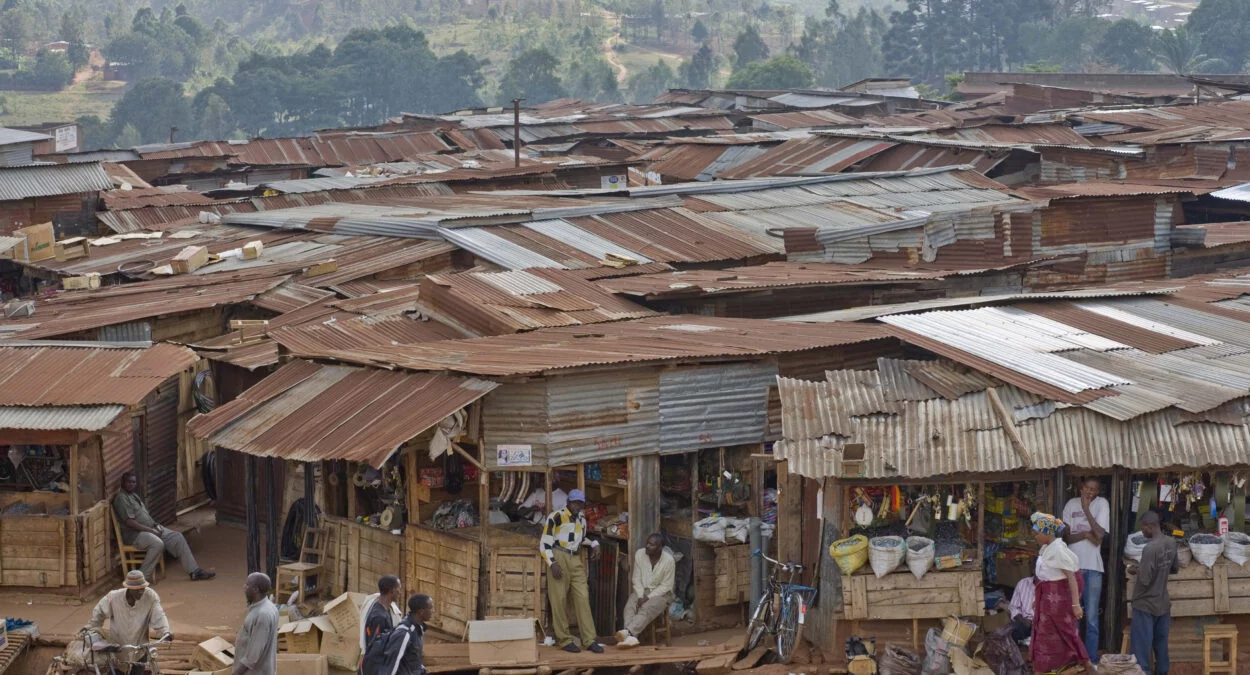weatherontheair.com – Burundi, a small landlocked country in East Africa, is grappling with one of the highest rates of extreme poverty in the world. Despite its rich natural resources and fertile land, the country has been plagued by political instability, civil wars, and economic challenges that have perpetuated a cycle of poverty affecting the majority of its population.
Historical Context and Economic Impact
Burundi’s history is marred by two civil wars and genocides in the 1970s and 1990s, which devastated its economy and pushed poverty rates from 33% to over 81% of the population living below the poverty line. The country’s economy has struggled to recover, with persistent fiscal difficulties exacerbating the situation.
Current State of Poverty
Today, Burundi remains one of the poorest countries in the world, with high levels of poverty, malnutrition, and vulnerability to climate-driven disasters. The multidimensional poverty index (MPI) indicates that 75.1% of the population is multidimensionally poor, meaning they lack basic necessities such as adequate nutrition, health care, education, and living standards. Additionally, 15.8% of the population is classified as vulnerable to falling into poverty.
Challenges Faced by the Population
The challenges faced by Burundians are multifaceted. Malnutrition is a significant issue, with stunting affecting 52.2% of children under five, and learning poverty at 93%. Access to basic services such as health care, education, clean water, and sanitation is severely limited, particularly in rural areas. The Human Capital Index for Burundi remains low at 0.39, highlighting the dire need for improvements in health and education outcomes.
Efforts to Combat Poverty
Despite the grim statistics, there have been some efforts to combat poverty in Burundi. The World Bank has implemented a pilot social safety nets project that has shown significant success in reducing the effects of extreme poverty, particularly in terms of acute malnutrition. UNICEF has also been active in addressing child poverty through various programs aimed at improving access to essential services and protecting vulnerable households.
Conclusion
Burundi’s struggle with extreme poverty is a complex issue rooted in its history of conflict and economic instability. While there are ongoing efforts to alleviate poverty, the road to recovery is long and fraught with challenges. Addressing the root causes of poverty, improving access to basic services, and fostering economic growth are critical steps towards a more prosperous future for Burundians.
